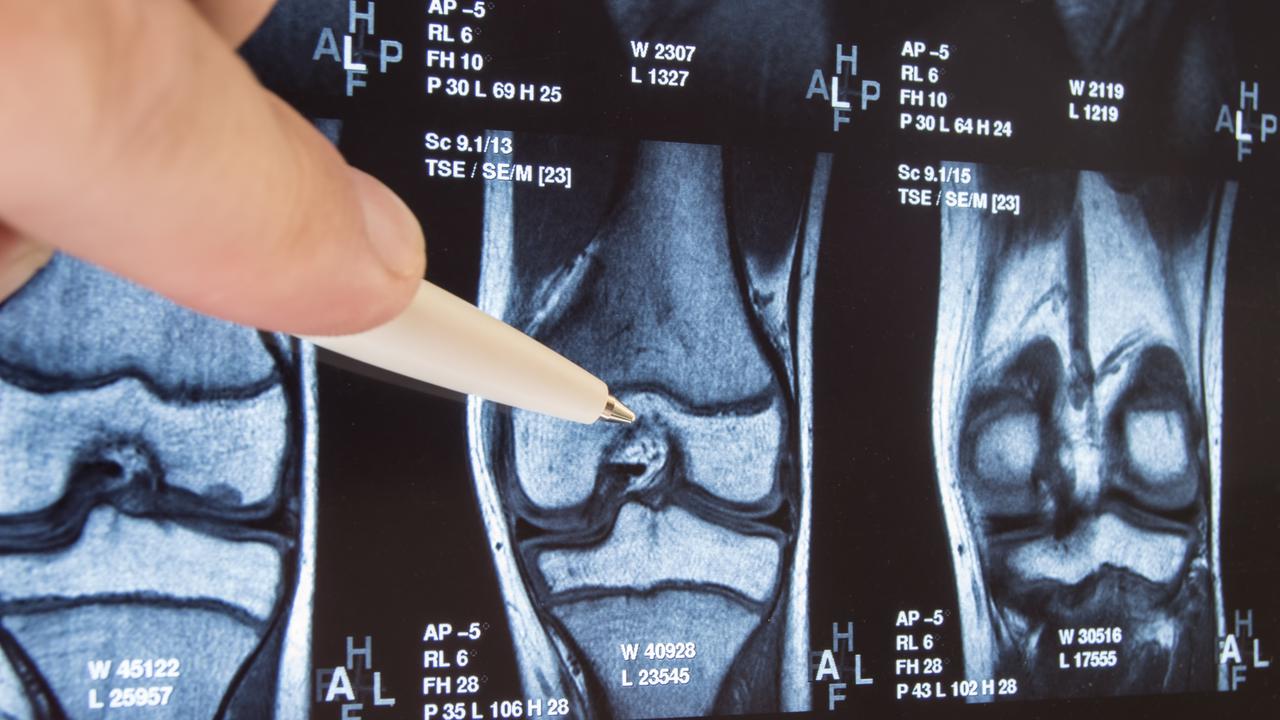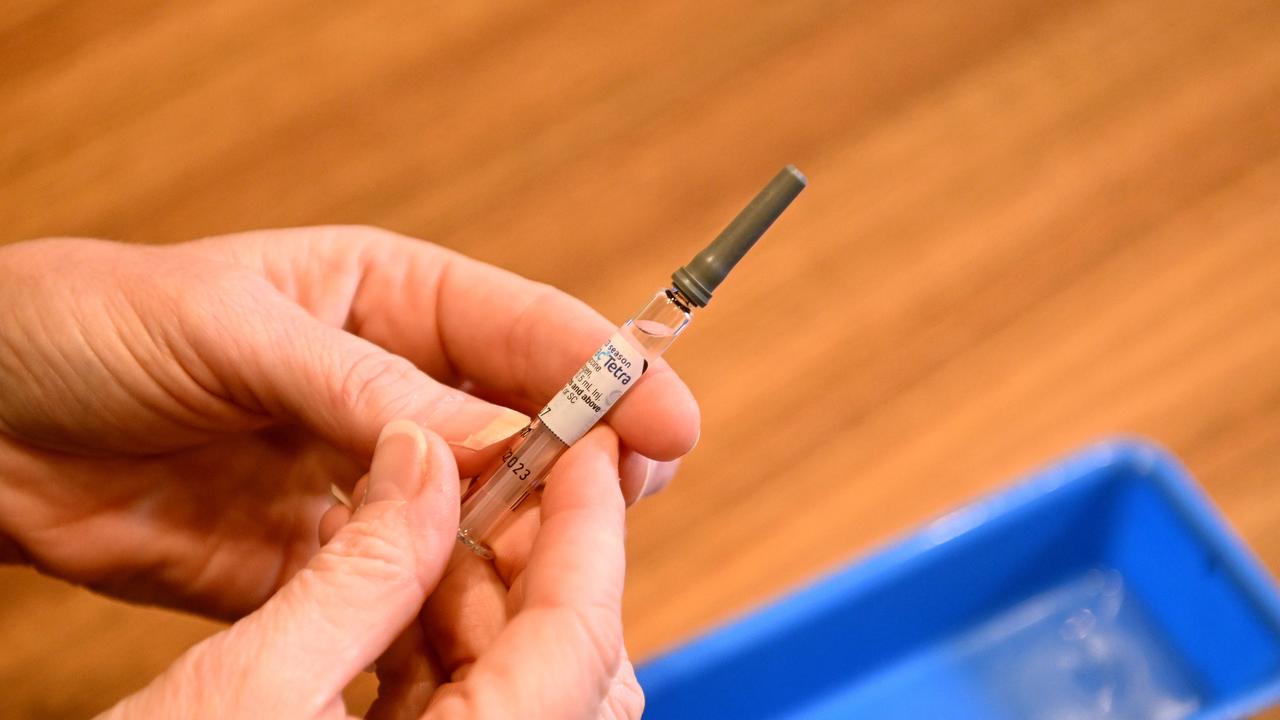The 10 questions you must ask during a check up with your doctor
There are 10 crucial questions you need to ask your GP during your next appointment – and you should do it as soon as possible.

Welcome to Ask Doctor Zac, a weekly column from news.com.au. This week, Dr Zac Turner explains what questions to ask your GP.
QUESTION: Hi Dr Zac, I have my annual health check up soon, and I want to do it right this time. I usually try to get out as soon as I enter the doctor’s office – I never know what to ask. What questions am I meant to be asking my doctor in my annual check up? – Bruce, Mt Isa, Queensland
ANSWER: Great question. Do not feel bad, most men are terrible at speaking with their doctors. Men have low participation rates in all health tests and checks in Australia, and we need to change this.
I will tell you 10 questions to ask your doctor at the check up, but first, let’s talk about why health check ups are important.
Annual check ups are an important part of maintaining your health and wellbeing. They’re not just an opportunity for your doctor to assess your overall health, but also a chance for you to ensure that all your health concerns are addressed.
To make the most of your check up, come prepared with a list of any symptoms, concerns or questions you might have. It’s also helpful to bring a list of your current medications and any recent health changes.
As a quick guide for different age groups, I’ve added a little summary below before the 10 key questions everyone should be asking.
Ages 20-40
Ask your doctor about necessary vaccinations, screenings and how to maintain a healthy lifestyle to prevent long-term issues.
Discuss reproductive health and family planning to ensure you’re informed about your options and any necessary precautions.

Ages 40-60
Focus on screenings for chronic diseases like heart disease, diabetes and cancer, as well as ways to reduce your cardiovascular risk.
For women, discuss menopause management and any related health changes during this period.
Ages 60+
Prioritise discussions on cognitive health, mobility and bone health to maintain independence and prevent falls.
Also, review your medications with your doctor and ensure you’re up to date on important screenings for conditions like cancer and heart disease.

Now, here are 10 key questions you should consider asking.
1. How are my overall health metrics?
Question to ask: “Can you review my key health metrics with me, such as blood pressure, cholesterol levels and body mass index?”
Why it’s important: Understanding these metrics helps you gauge your risk for conditions like heart disease, diabetes and hypertension. It also provides a baseline to track changes over time.
2. Are there any changes I should be aware of?
Question to Ask: “Have you noticed any changes in my health from last year’s check-up? Are there any new concerns or trends?”
Why it’s important: This question helps you stay informed about any developing issues or changes that may need further attention or lifestyle adjustments.
3. What preventive screenings or tests do I need?
Question to ask: “Are there any screenings or tests I should have based on my age, gender, family history or health status?”
Why it’s important: Preventive screenings, such as mammograms, colonoscopies or bone density tests are crucial for early detection of potential health issues. Your doctor can recommend the appropriate tests based on your individual risk factors.

4. How are my current medications and treatments?
Question to ask: “Can we review my current medications and treatments? Are there any adjustments or new options we should consider?”
Why it’s important: Regularly reviewing your medications ensures they are still effective and necessary. It also gives you a chance to discuss any side effects or issues you may be experiencing.
5. Are there any lifestyle changes I should consider?
Question to ask: “Based on my health and current condition, are there any lifestyle changes you would recommend, such as diet, exercise or stress management?”
Why it’s important: Your doctor can provide personalised advice on how to improve your overall health and reduce the risk of chronic conditions. Lifestyle changes can significantly impact your wellbeing.

6. What are my health goals for the coming year?
Question to ask: “What specific health goals should I set for the next year, and how can we track and achieve them?”
Why it’s important: Setting health goals gives you a clear focus and direction. Your doctor can help you establish realistic goals and provide strategies to achieve them, making your check ups more meaningful.
7. Do I need to update my vaccinations?
Question to ask: “Are there any vaccinations or booster shots that I should get updated?”
Why it’s important: Vaccination needs can change based on age, health conditions and new recommendations. Staying updated on vaccines helps protect you from preventable diseases.

8. How can I improve my mental health?
Question to ask: “What steps can I take to maintain or improve my mental health? Are there any resources or support options available?”
Why it’s important: Mental health is just as crucial as physical health. Your doctor can offer advice on managing stress, anxiety or depression and connect you with mental health resources if needed.
9. What should I do if I notice new symptoms?
Question to ask: “If I experience new symptoms or changes in my health, what should be my next steps?”
Why it’s important: Knowing how to respond to new symptoms or health changes ensures that you take timely action and seek help when necessary.
10. When should I schedule my next check up?
Question to ask: “When should I schedule my next check up, and are there any specific things I should monitor before then?”
Why it’s important: Keeping track of your next appointment and any interim health concerns ensures continuous care and follow up.
Remember, your annual check up is a collaborative process. By asking the right questions and engaging actively with your healthcare provider, you can take control of your health and ensure that you’re on track for a healthy year ahead.
So, take the initiative and make your next check-up count.
Got a question? Email askdrzac@conciergedoctors.com.au
Follow Dr Zac on Instagram
Dr Zac Turner is a medical practitioner specialising in preventive health and wellness. He has four health/medical degrees – Bachelor of Medicine/Bachelor of Surgery at the University of Sydney, Bachelor of Nursing at Central Queensland University, and Bachelor of Biomedical Science at the University of the Sunshine Coast. He is a registrar for the Australian College of Rural and Remote Medicine, and is completing a PhD in Biomedical Engineering (UNSW). Dr Zac is the medical director for his own holistic wellness medical clinics throughout Australia, Concierge Doctors.






